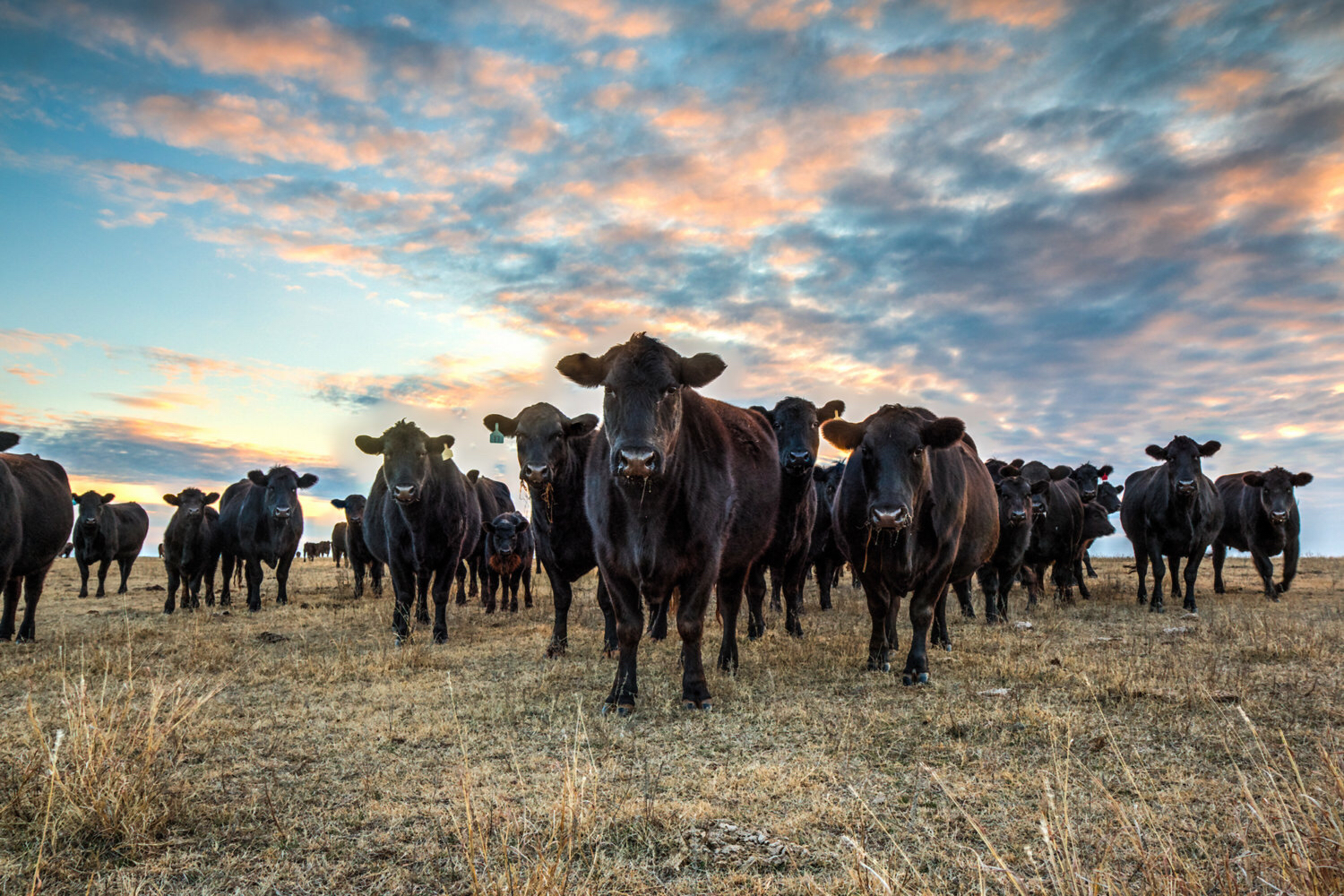New Zealand is the first country in the world to undertake a mass kill of dairy and beef cattle possibly infected with mycoplasma bovis in an effort to contain a disease that is established in the herds of the country's trading partners.
Ministry of Primary Industries (MPI) director of readiness and response Geoff Gwyn said other countries had "learned to live with it".
"We're not prepared to do that so in the first instance we're going to try to get rid of it."
New Zealand's unique farming system meant the disease could have a bigger impact here than other countries' herds had experienced, he said.
"But there is no cast iron guarantee [of cull success] here. This is not a zero risk game."
MPI has announced 22,300 cattle on 28 infected properties under regulatory control, all but one in the South Island, will be killed in a first step towards a decision in the next month or two as to whether New Zealand will continue trying to eradicate the bacterial disease or learn, like other countries, to manage it.
The cull decision was to "reduce the disease pressure", Gywn said.
After 113,000 tests and a review of its response performance to the 2017 outbreak by international cattle disease experts, MPI had taken the decision to cull cattle from infected farms because it was confident mycoplasma bovis (MBovis) was not well-established in New Zealand, and because of the potential risk our cattle herds could be hit harder by the disease than those in other countries, including Australia, where the bacterial disease was well-established.
"We have a lot of animal movements, other parts of the world operate more closed herds," Gwyn said.
"The other important factor is we have what we call a naive herd, not exposed to this disease before ... there could be more serious clinical symptoms. It's like the flu, the first time is always worse than the next time round."
Gwyn said MBovis did not affect milk and meat consumption safety. But it was a big concern that it was still unknown how it had arrived in New Zealand.
Reports showing expert exploration of the arrival pathways - "all very low probability" - and the conclusions of the international experts would be published within two weeks, Gwyn said.
Asked when would be the first acid test for the success of MPI's cull decision and its confidence that the disease was not yet widespread, Gwyn confirmed calving, next spring and in future springs, would be scrutinised.
MBovis makes its appearance in stressful farming conditions.
"Also, we have unaccounted-for calf movements off infected properties," he said.
"The challenges we have collectively had through national tracking systems not performing as well as they could means we know we have untraced movements out there and those animals may well come into production.
"This is not a zero risk game. We may find others, but we don't expect big numbers which gives us confidence to do this [cull].
"But this is a critical move to reduce disease pressure and create the best stepping-off point for the decision [to continue culling or manage the disease]."
Targeted cattle would be killed at meat processing works before the new dairy season started on June 1. Affected farms will be compensated for their livestock losses under Government biosecurity law.
Because the meat of animals from affected farms is safe to eat, meat processors involved in the cull will sell the processed meat as usual and farmer-owners of the animals will get the meat cheque, Gwyn said.
Source - http://www.nzherald.co.nz/












